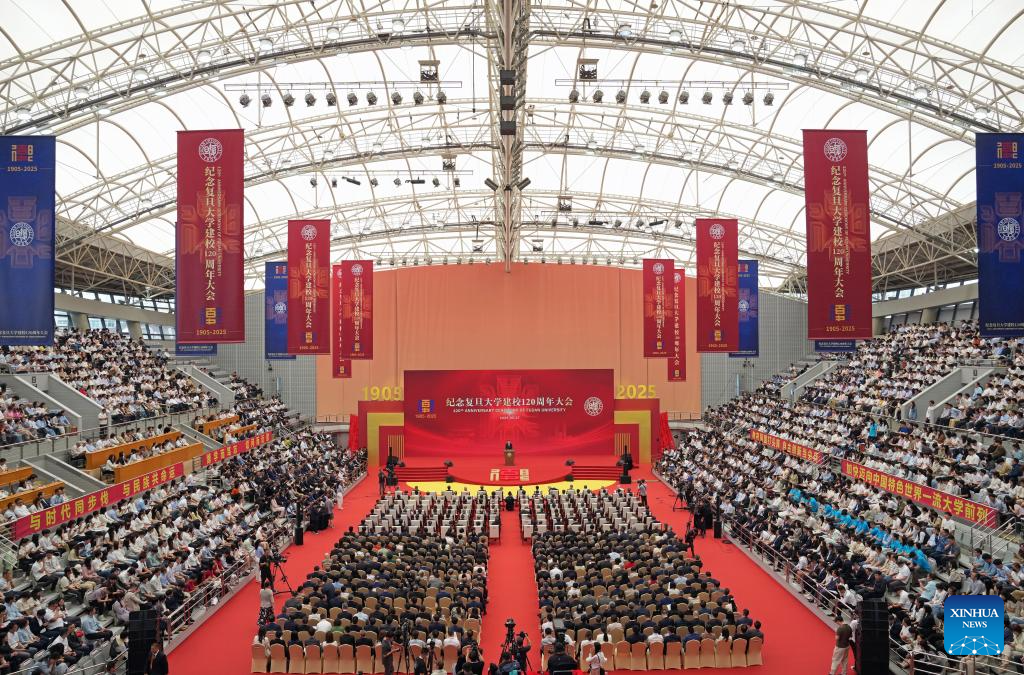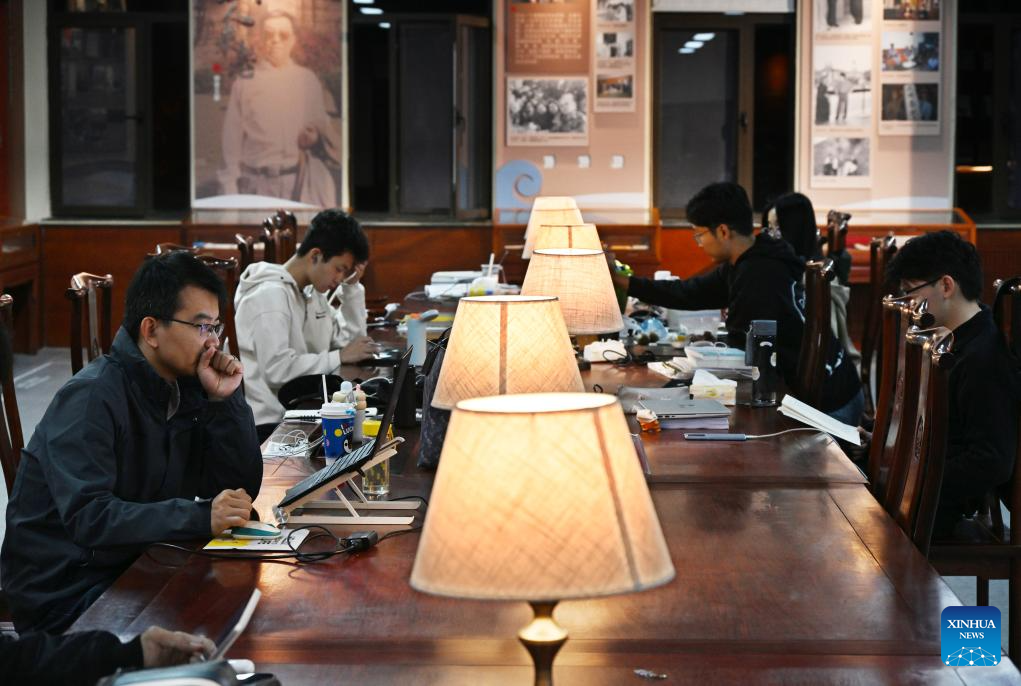
The global higher education landscape is undergoing a profound transformation, as China shows consistent improvement in academic output while universities in the United States face downward pressure in global rankings amid recent student visa policies, experts said.
China has surpassed the US for the first time in the number of universities listed in the latest Global 2000 university rankings. Chinese institutions now account for 17 percent of the list, up from 324 last year to 346 this year, while the number of ranked US universities dropped from 329 to 319.
ALSO READ: HK hailed as strong alternative for US-based international students
The World University Rankings 2025, released on Monday by the Center for World University Rankings, revealed that 98 percent of Chinese universities improved their positions — a surge attributed to enhanced research performance and sustained government investment in higher education.
Tsinghua University rose six places to rank 37th, excelling in employability and research. Peking University advanced three places to the 44th, while the University of Chinese Academy of Sciences jumped four places to 46th — surpassing Shanghai Jiao Tong University in the 61st place and Zhejiang University in the 68th position.

Nadim Mahassen, president of the Center for World University Rankings, said that China is well represented among the world's top universities, and further financial backing from the government will allow the country to be more competitive in the rapidly evolving global academic landscape.
Although the US still has eight of the world's top 10 universities — led by Harvard, MIT and Stanford — 83 percent of its listed institutions declined in rank. The United Kingdom's Cambridge and Oxford secured the fourth and fifth places, respectively.
READ MORE: HK considering raising non-local student quota amid US policy shifts
Mahassen said that while the US still boasts the top universities in the world, the decline in ranking of the vast majority of its higher education institutions on the list is concerning.
"At a time when Chinese universities are reaping the rewards of years of generous financial support from their government, American institutions are grappling with slashed federal funding and disputes over academic freedom and free speech," he said.
Recent controversies, such as the Trump administration's move to revoke enrollment of international students at Harvard, later blocked by a federal judge, highlight the challenges facing US higher education.

"For many years, American universities were able to attract a large number of international students, particularly from China. But with China's extraordinary ascent in the rankings, coupled with the recent visa policies of the US, the situation may change soon," Mahassen said.
Liu Wei, senior vice-president of New Channel International Education Group and CEO of its overseas study division, said that China has been gaining ground in multiple international ranking systems — including QS, Times Higher Education and the Academic Ranking of World Universities — showing consistent improvement in academic output and global research influence.
READ MORE: HK, Macao students shine at AI programming competition
He emphasized that recent US visa policies toward Chinese students, such as the announcement of revoking the visas of some of those studying in "critical fields", are also influencing the global higher education landscape and may affect the future rankings of US and Chinese institutions.
"Stricter visa policies have introduced uncertainty for Chinese students seeking to study in the US, prompting many to consider alternatives," Liu said.

Countries such as the UK, Canada, Australia and Singapore, as well as some European countries, have ramped up efforts to attract international students, particularly those diverting from the US.
Universities in the Hong Kong Special Administrative Region also moved quickly to offer assistance when Harvard's ability to admit international students was curtailed.
Chen Zhiwen, a member of the Chinese Society of Educational Development Strategy, said that Chinese students contribute significantly to research productivity and academic exchanges on US campuses, especially in the fields of science, technology, engineering and math, as well as among postgraduate students.
READ MORE: Startup competition 'HK Tech 300' goes global, expands to new markets
A decline in the number of Chinese students due to visa policies could have an impact on academic output in US higher education, Chen said. Chinese universities could benefit from this in the long term, as students who planned to study in the US may instead enroll in top domestic institutions, boosting China's academic and research environment, he added.
"Since 2018, the proportion of Tsinghua University graduates pursuing overseas studies has shown a declining trend," he said, adding that the trend could usher in a more multipolar higher education system, reducing the US' historical dominance.


